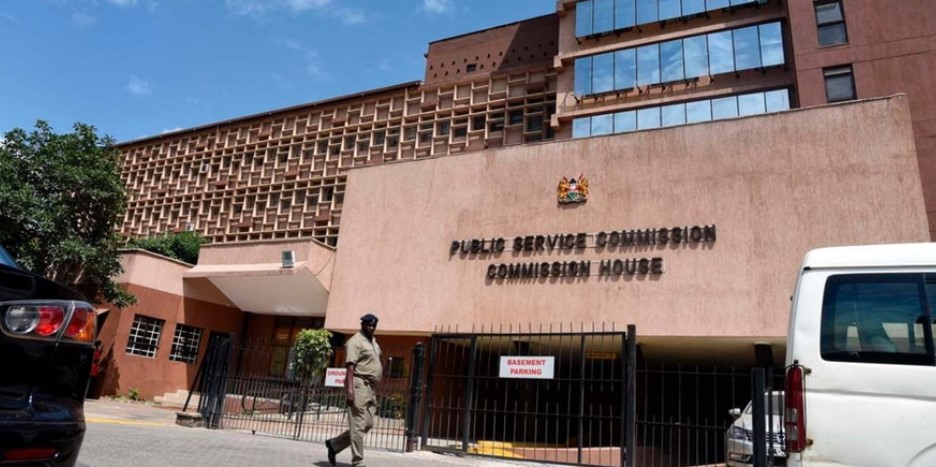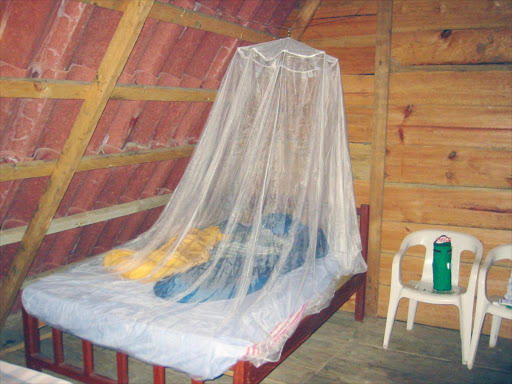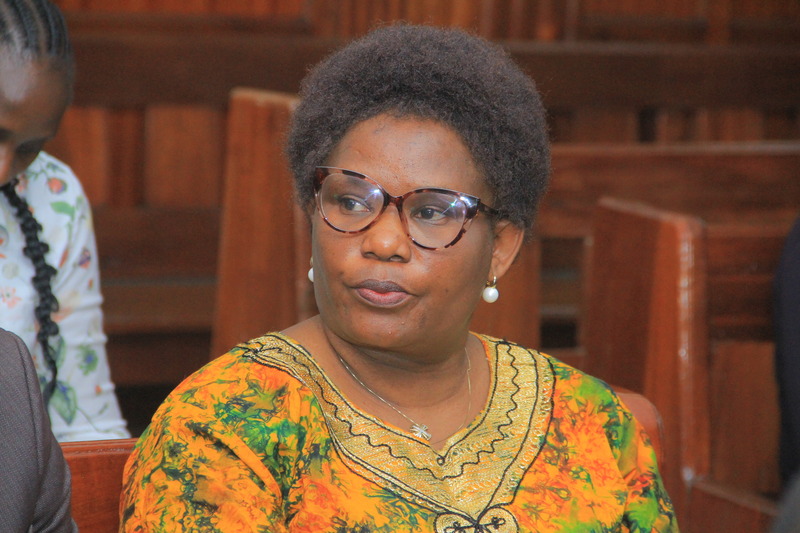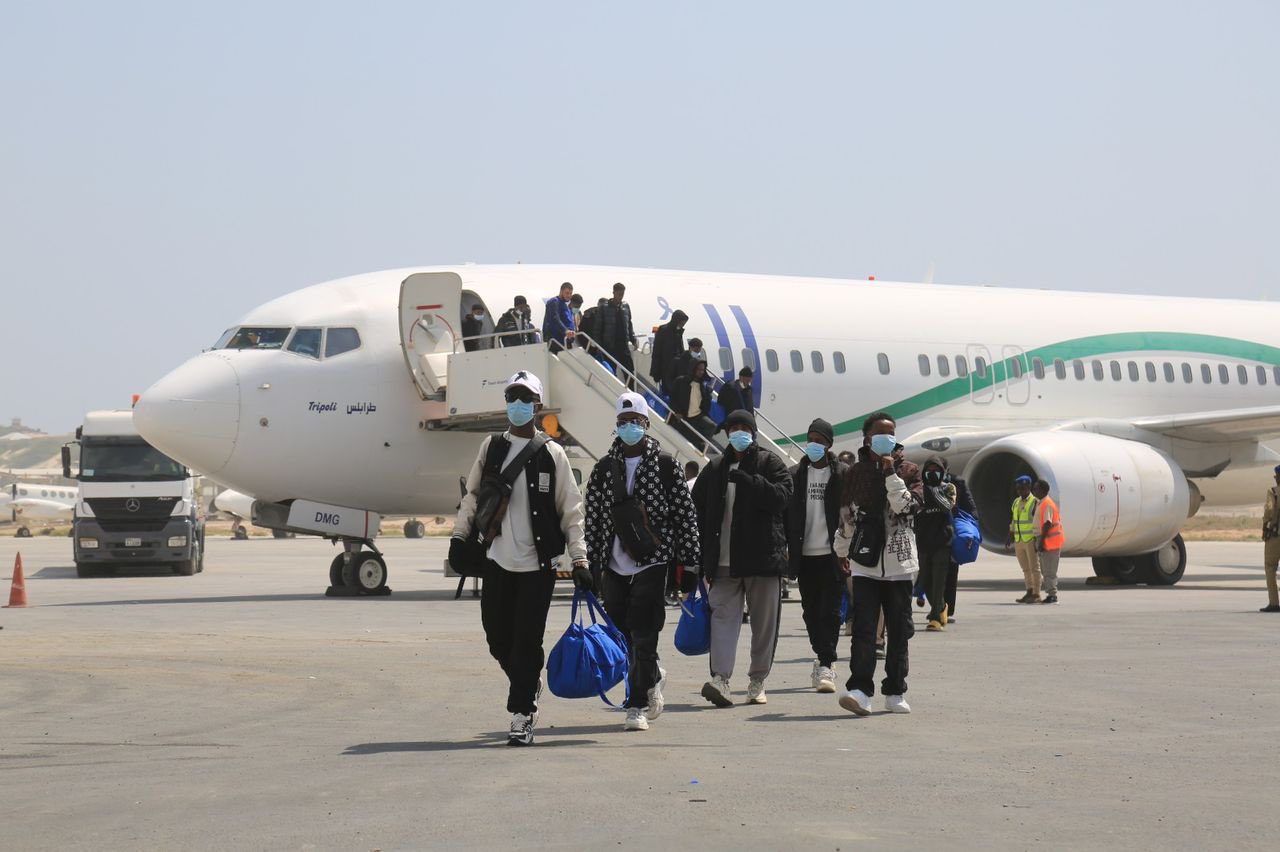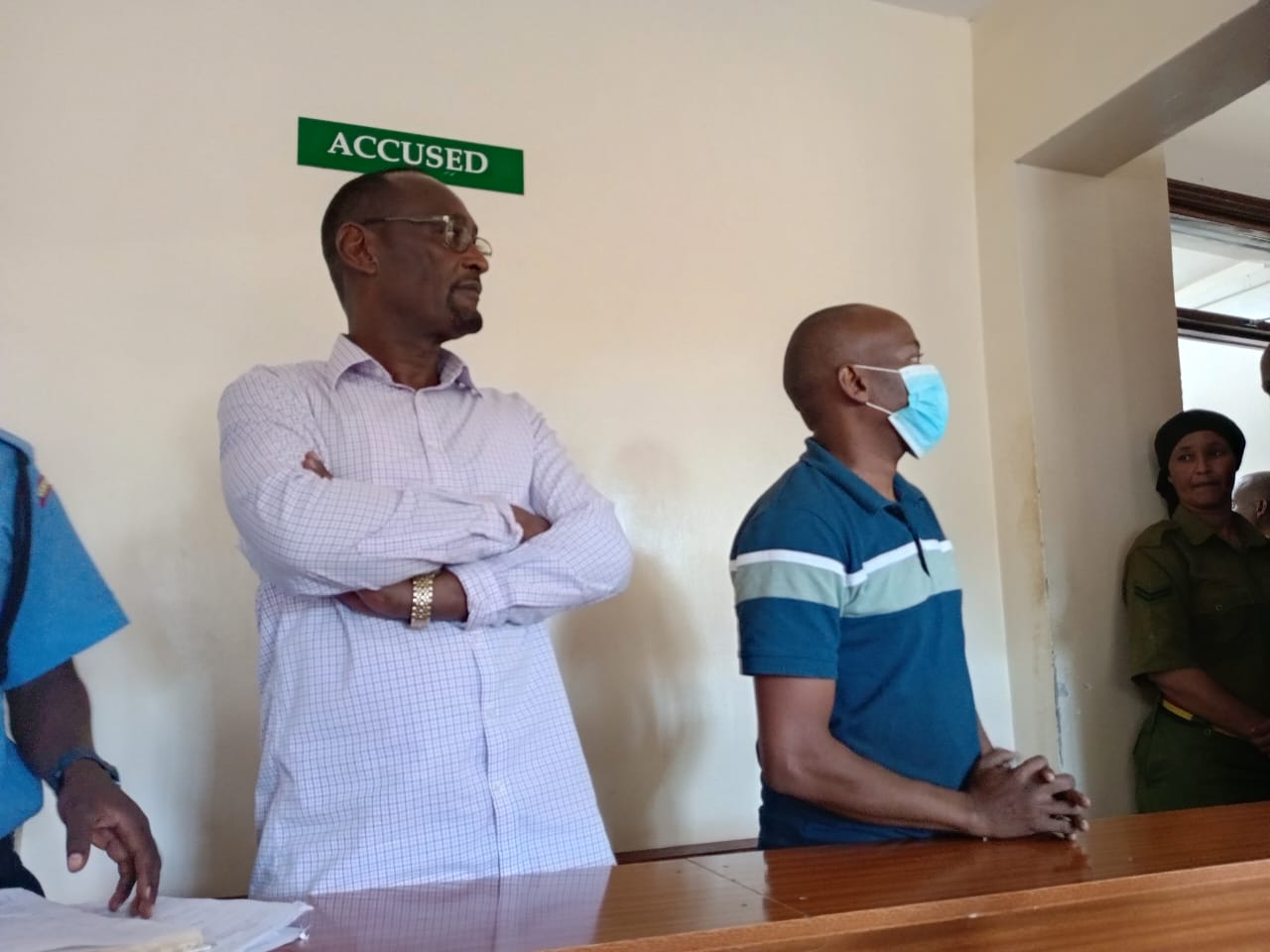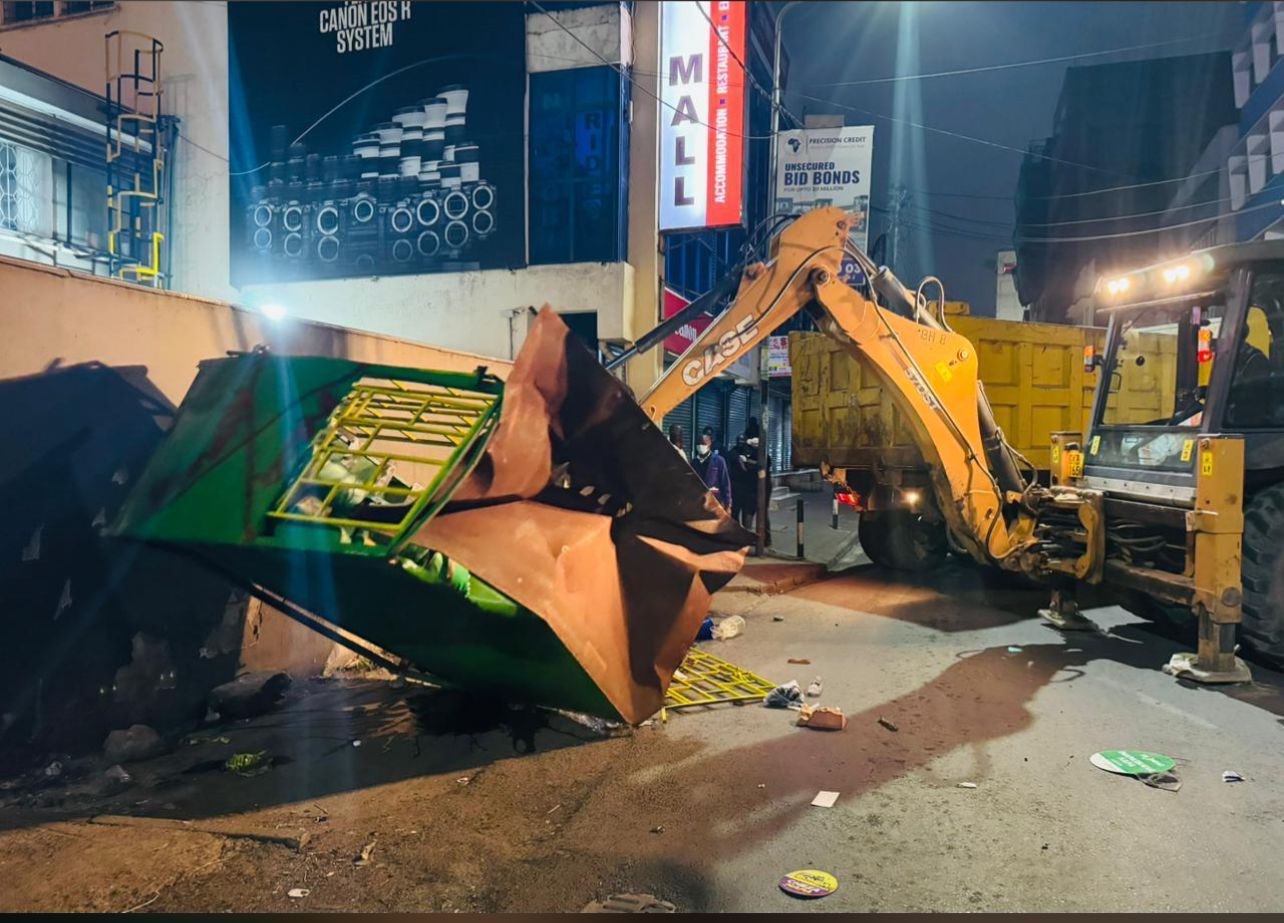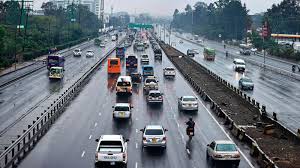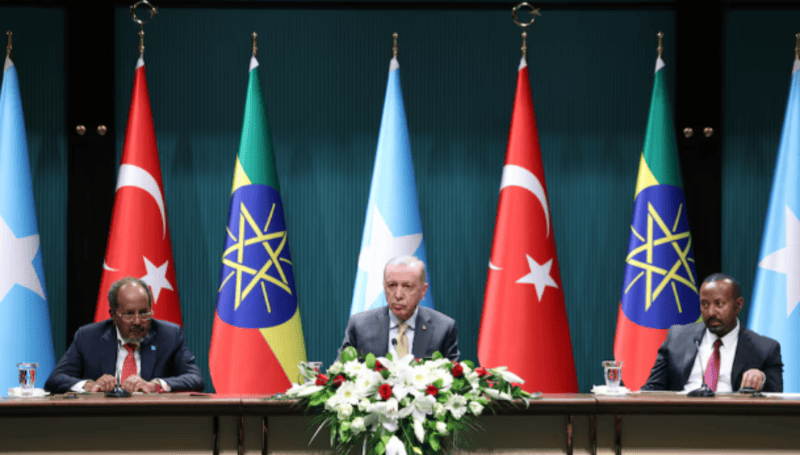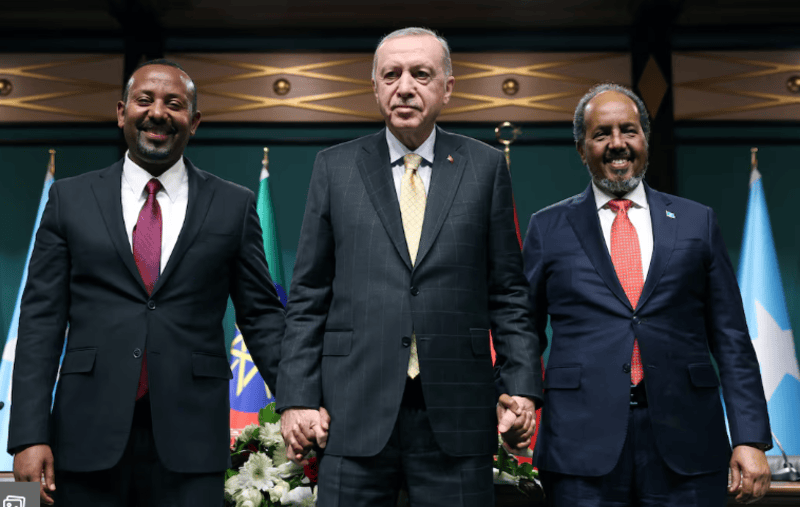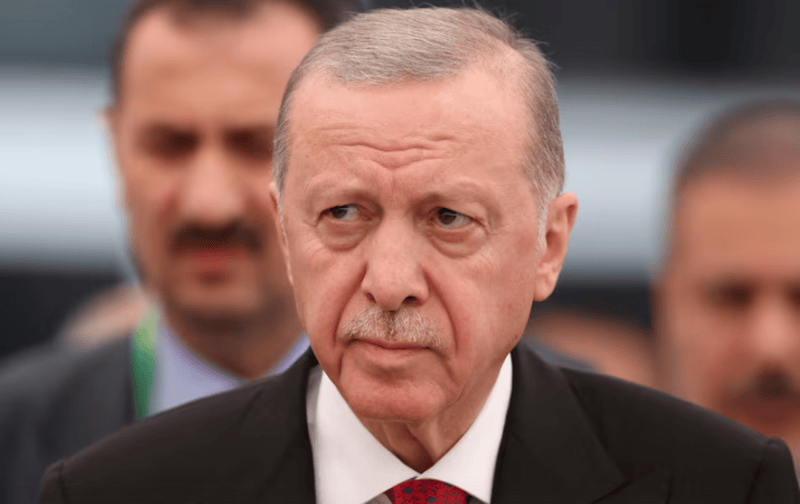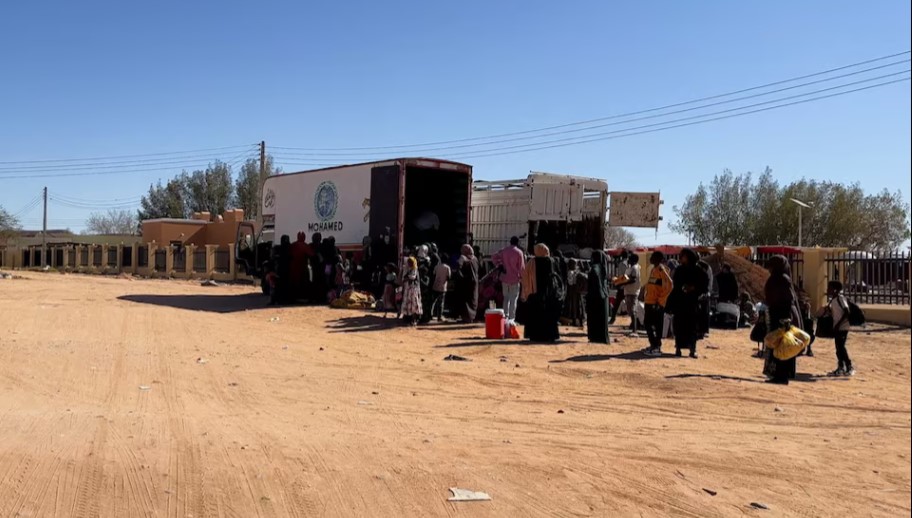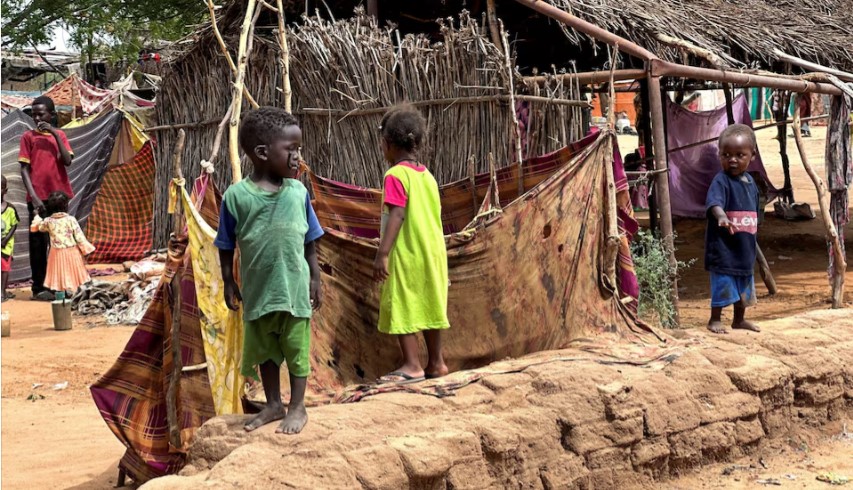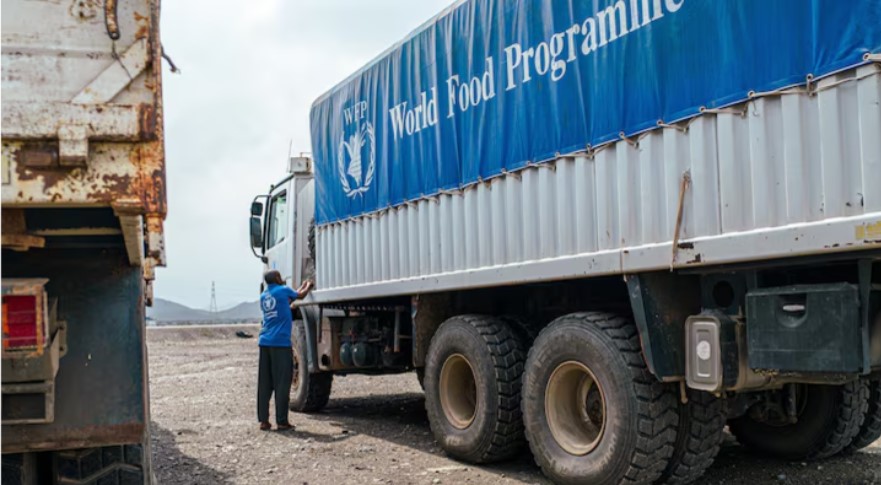Refugees in Sudan in danger as war approaches their camps

By Vincent Ombati |
Recently, the RSF attacks in nearby towns in Sennar State were witnessed and are putting the lives of the refugees at risk.
The plight of over a million refugees hosted in Sudan is uncertain as the conflict in the country continues to escalate.
Human Rights Watch (HRW), an international non-governmental organisation, claims in its daily brief that most of the refugees are from Eritrea and Ethiopia.
HRW says the war that started in April last year between the Sudan Armed Forces (SAF) and Rapid Support Forces (RSF) is now advancing to the eastern part of the country, with borders with Eritrea and Ethiopia.
Keep reading
The war is said to have caused much unrest among civilians and endangered their livelihood. In the western part of Sudan, more than half a million people have already fled their homes due to the atrocities committed.
Recently, the RSF attacks in nearby towns in Sennar State were witnessed and are further putting the lives of the refugees at risk.
The organisation is pleading for support to protect and help evacuate the refugees before they are hurt. More than 40,000 Ethiopian refugees are hosted in Gedaref State, which borders Sennar State. A few are reportedly leaving the camp as the fight approaches.
HRW editorial director Andrew Stroehlein says Ethiopian refugees in Sudan are at great risk of attack after allegations of assisting enemies emerged. Stroehlein hints that there are reports of several of them being in detention after being arrested. The refugees are said to have flown from Ethiopia after war erupted in the Tigray region. They are hesitant to go back for fear of prosecution.
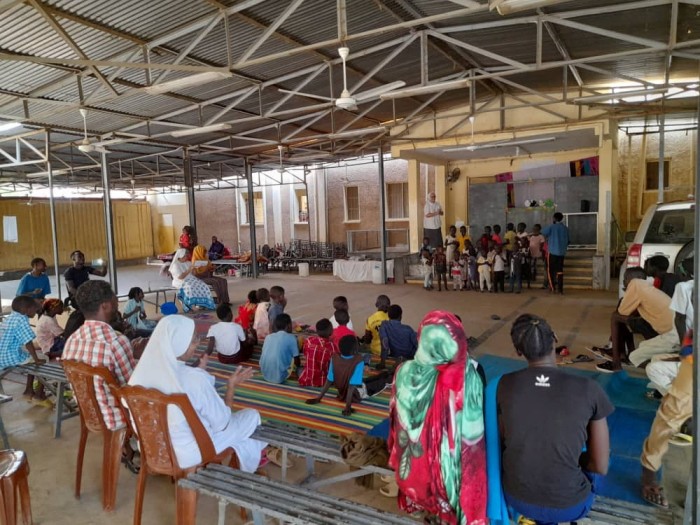 Refugees attend an event at "Dar Mariam" a Catholic church and school compound in al-Shajara district, where they took shelter, in Khartoum, Sudan, in this undated handout picture. (Photo: Father Jacob Thelekkadan/Handout via REUTERS)
Refugees attend an event at "Dar Mariam" a Catholic church and school compound in al-Shajara district, where they took shelter, in Khartoum, Sudan, in this undated handout picture. (Photo: Father Jacob Thelekkadan/Handout via REUTERS)
"Some refugees from Ethiopia would also face violence or persecution if they returned. Many are ethnic Tigrayans from western Tigray who fled a brutal ethnic cleansing campaign, and those responsible for it still control the area," Stroehlein said.
Though some may need to return, HRW wants Sudan authorities, the international community, and relevant stakeholders like UN agencies to facilitate that. By offering the necessary support to ensure they move out of harm.
"Some Ethiopian refugees may be able to return, but they would need cooperation from Sudanese authorities, Ethiopian authorities, and UN agencies to make it happen. The emphasis would have to be on voluntary returns—assisting refugees and providing safe, organised pathways back. No one should be coerced or forced to return to any place where they'd face serious risks," notes Stroehlein.
According to the human rights watchdog, it is hard for Eritrean refugees to return home.
"Eritreans can't return home due to ongoing repression; they would likely be punished severely if they ever stepped foot back in Eritrea."
Reader comments
Follow Us and Stay Connected!
We'd love for you to join our community and stay updated with our latest stories and updates. Follow us on our social media channels and be part of the conversation!
Let's stay connected and keep the dialogue going!

